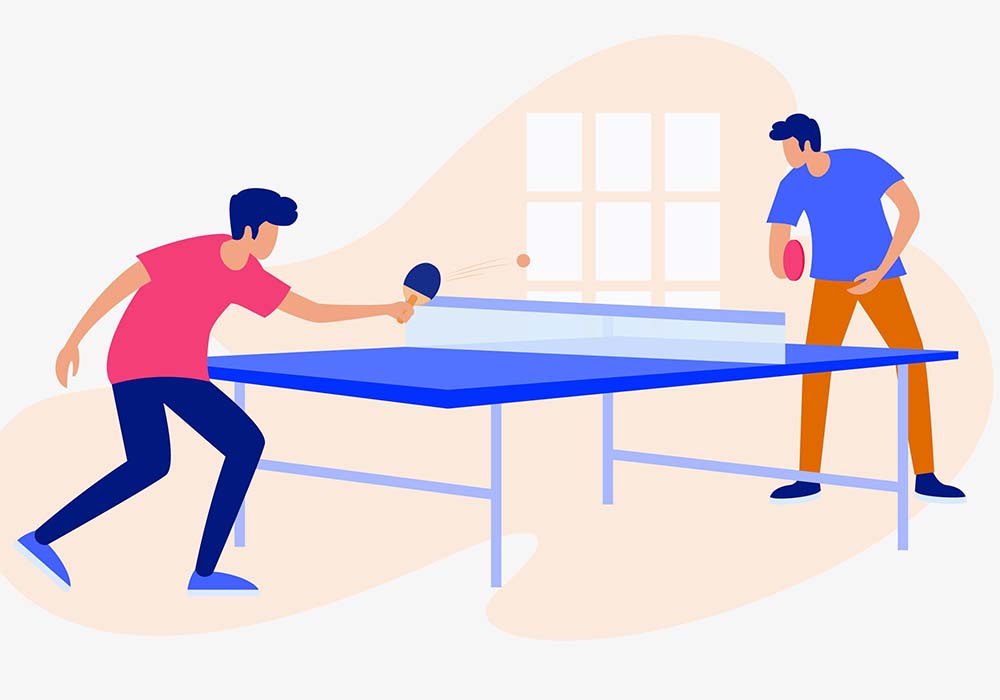Doing things with your hands in order to think better
Manual activities also play an important role in our balance. Pottery, embroidery, carpentry or even DIY connect us with a tangible, slow and attentive way of producing. They train us in patience, precision and the value of process. By engaging in something that requires sustained concentration without pressure for immediate results, we improve our tolerance for frustration and our ability to concentrate for long periods of time, two valuable qualities in complex work environments.
Play to make better decisions
Strategy games, such as chess, Go or even simulation video games, are mental gymnasiums. They teach us to think through possible scenarios, anticipate consequences, adapt and make decisions under pressure. These skills have a direct application in project management, planning or team problem solving.
The art of freeing your mind
Playing an instrument, dancing, painting or cooking without a recipe are not just means of expression: they’re also exercises in creativity and mental flexibility. In these spaces, mistakes aren’t penalised: they become part of the process. This fosters an open, exploratory and courageous attitude that’s especially valuable in environments of innovation or constant change.
Hobbies as rehearsal spaces
What all these activities have in common is not the what, but the how: they’re spaces where we allow ourselves to learn without urgency, to make mistakes without fear and to enjoy ourselves without expectations. And, in that context, skills that we then take to work without being consciously trained are developed.
Because, as Calvin Coolidge’s mechanical horse or Bill Clinton’s crossword puzzles reminded us, there’s no single way to bring out the best in oneself. Hobbies are not a luxury or an escape route: they’re a space of our own, where we continue to cultivate who we are beyond work… and also within it. Because what we enjoy outside, often results in strengthened skills, attitudes and approaches that enrich our professional life. A place where, without realising it, we learn to be better. So that we work better, and live better.
Source:
